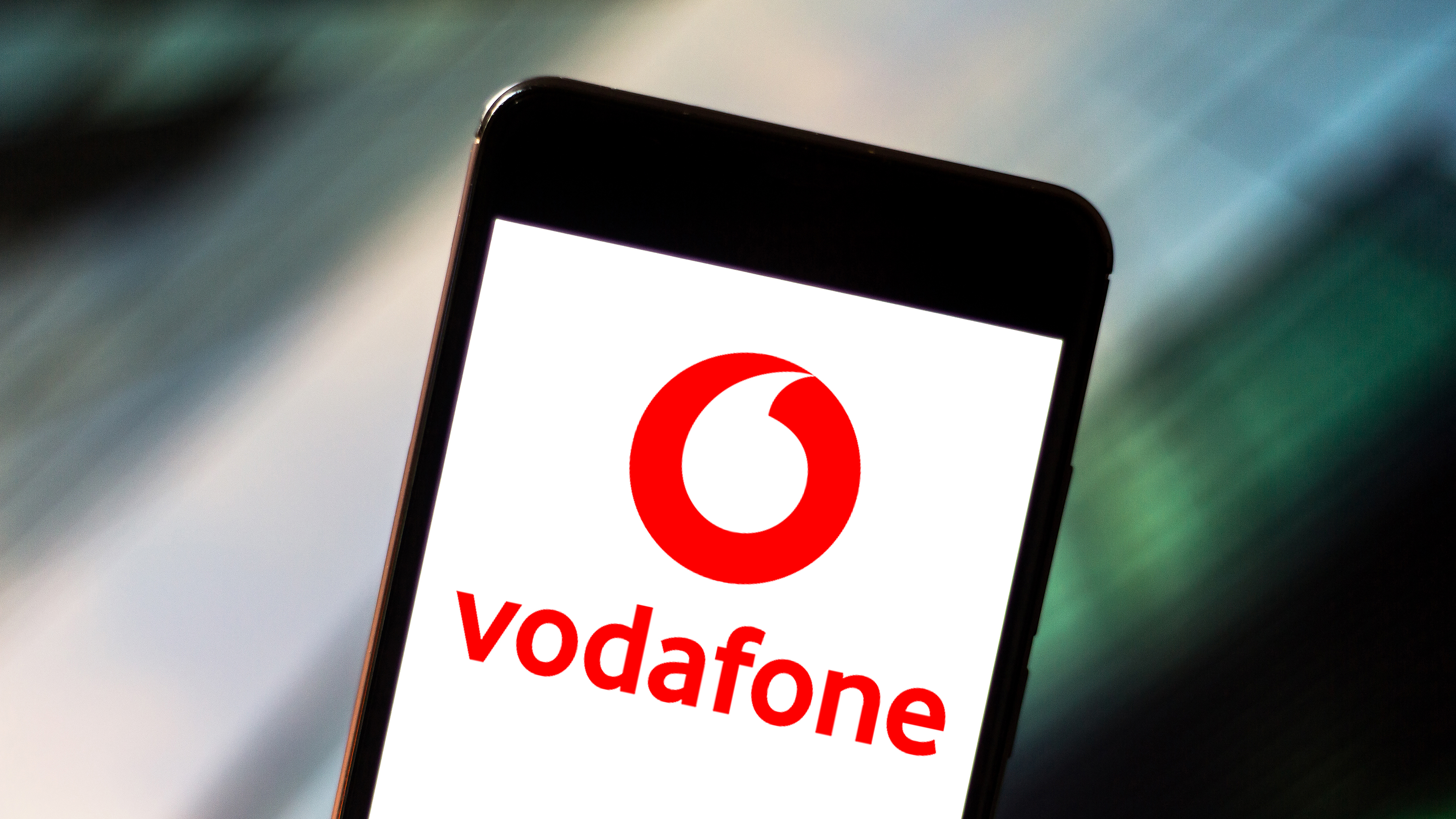Vodafone and Three slam initial CMA findings critiquing merger plans
CMA says Vodafone-Three merger could hurt customers

Vodafone and Three have reacted strongly to initial findings by the UK's anti-competition watchdog concerning their planned merger.
The companies announced plans to join together in a £15bn merger deal back in 2023, combining two of the country's most established mobile networks.
However, the first report by the Competition and Markets Authority (CMA) has raised doubts, saying the deal could lead to higher prices and tougher market conditions for MVNOs.
Vodafone-Three merger plans
In its "provisional view", the CMA said it had "provisionally concluded" the merger would, "lead to price increases for tens of millions of mobile customers, or see customers get a reduced service such as smaller data packages in their contracts."
"The CMA has particular concerns that higher bills or reduced services would negatively affect those customers least able to afford mobile services as well as those who might have to pay more for improvements in network quality they do not value," it added
It highlighted potential effects on MVNOs such as Lyca Mobile, Sky Mobile and Lebara which utilise the existing network operators, as the merger would reduce the number of network operators from 4 to 3, making it more difficult for MVNOs to "secure competitive terms".
The authority did note there could be some positive effects from the merger, admitting the combination of Three and Vodafone's infrastructure could, "improve the quality of mobile networks and bring forward the deployment of next generation 5G networks and services".
Are you a pro? Subscribe to our newsletter
Sign up to the TechRadar Pro newsletter to get all the top news, opinion, features and guidance your business needs to succeed!
However, it noted these claims could also be overstated, concluding the merger, "would lead to a substantial lessening of competition in the UK – in both retail and wholesale mobile markets."
A final report will be published on December 7, 2024, with a further period of consultation now taking place.
Unsurprisingly, Vodafone and Three reacted strongly to the report, noting in a joint response the opportunities the merger offered to improve the UK's mobile infrastructure for a combined 50 million strong customer base.
“Our merger is a catalyst for change. It’s time to take off the handbrake on the country’s connectivity and build the world-class infrastructure the country deserves. We are offering a self-funded plan to propel economic growth and address the UK’s digital divide," said Margherita Della Valle, Vodafone’s Chief Executive.
“Great network connectivity is a critical enabler of so many elements of our daily life and is central to the future prospects of so many sectors. Businesses large and small are dependent on it and it enables new industries – like AI – to thrive. It facilitates a step change in productivity and care across the public sector, and it lies at the heart of every nation’s future prosperity.”
“The current UK 4 player mobile market is dysfunctional and lacks quality competition with 2 strong players and 2 weak players," added Robert Finnegan, Chief Executive of Three UK.
"This is reflected in the current state of the UK’s digital infrastructure that everyone agrees falls well short of what the country needs and deserves. We are determined to reassure the CMA in relation to their provisional concerns and work with them to secure the extensive benefits this merger brings for UK customers, businesses and wider society.”

The merger was announced in June 2023, with plans to form a new £15bn-valued telco giant and "create one of Europe's leading 5G networks." Vodafone was set to be the slight majority owner of the new combined group, currently known as MergeCo, controlling 51%, with CK Hutchinson keeping the remaining 49%.
The CMA said back in April 2024 an "in-depth investigation" into the merger would be needed, following an initial warning that Vodafone and Three would need to provide "meaningful solutions" to concerns surrounding the deal.
The two companies were also keen to highlight the advantages of combining their two 5G networks for consumers and businesses alike, with MergeCo intending to invest over £6 billion in the first five years, and £11 billion over a ten year plan, to create a best-in-class 5G network, supporting between 8,000 and 12,000 new jobs in the wider economy.
MergeCo also expects to deliver up to £5 billion per year in UK economic benefit by 2030, supporting the digital transformation for schools, hospitals and businesses, with its standalone 5G network will cover every school and hospital in the UK.
- Check out the best cheap cell phone plans

Mike Moore is Deputy Editor at TechRadar Pro. He has worked as a B2B and B2C tech journalist for nearly a decade, including at one of the UK's leading national newspapers and fellow Future title ITProPortal, and when he's not keeping track of all the latest enterprise and workplace trends, can most likely be found watching, following or taking part in some kind of sport.